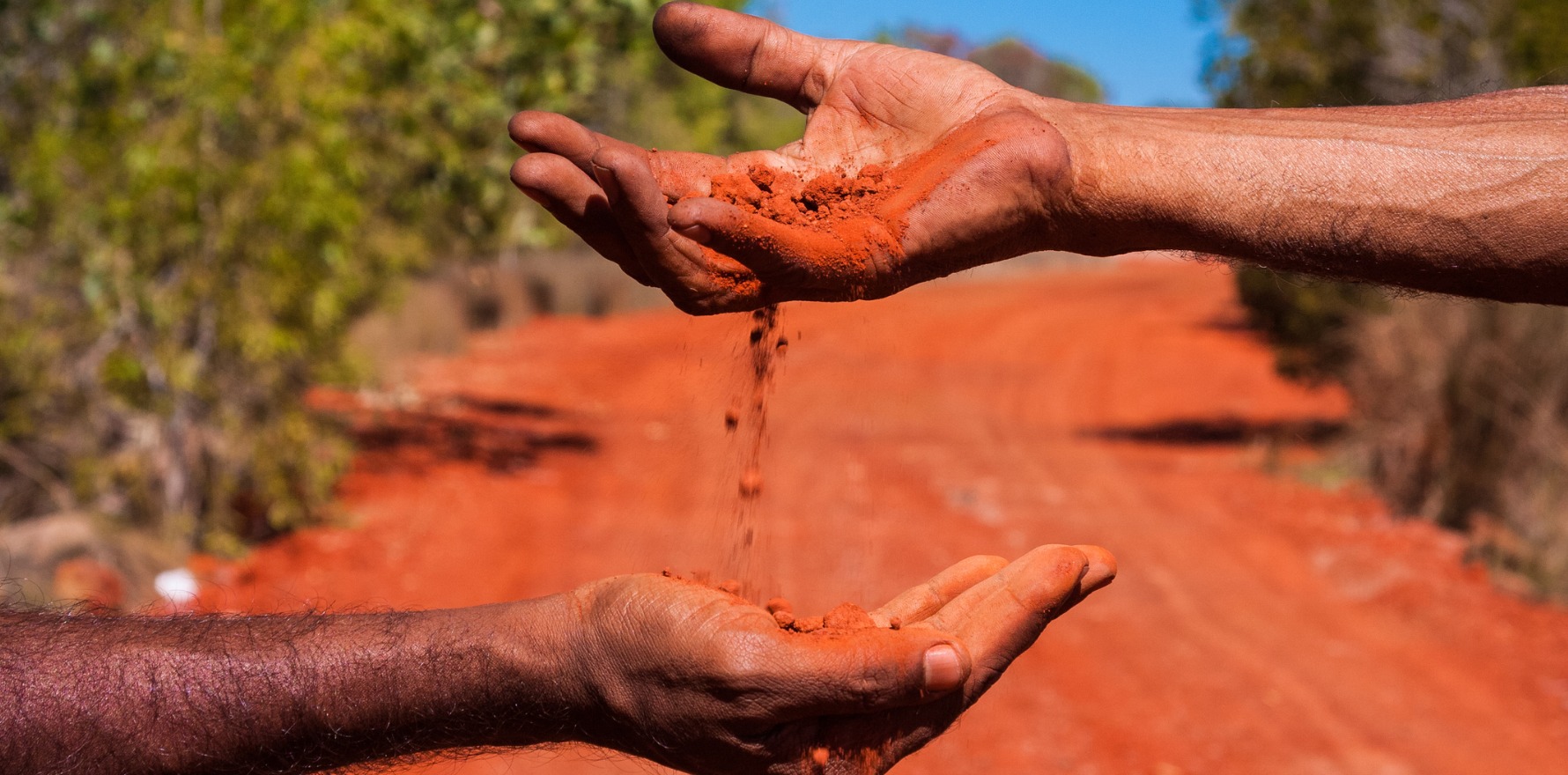The RACGP has also launched its first Aboriginal and Torres Strait Islander cultural and health training framework.
Meaningful advances in cultural safety for First Nations healthcare will require doctors and practices to go beyond hanging Aboriginal art in the waiting room, Professor Helen Milroy told delegates at the RACGP’s annual conference on Saturday.
Professor Milroy, a descendant of the Palyku people of the Pilbara, is Australia’s first Indigenous doctor and spent several years in general practice before retraining as a child and adolescent psychiatrist.
Her conference keynote addressed the lack of integration of Indigenous cultural practices into Western medicine.
Western Australia’s Mental Health Act, for example, was amended some years ago to include that if an Aboriginal person was going to have a mental health assessment, they could have an elder, an Aboriginal health worker or a healer with them for the purposes of cultural safety.
But when the government did a post-implementation review back in 2020, it found very low uptake of that specific provision.
“Even when we have hardcore legislation where we’re trying to improve cultural safety, it is not used,” the Perth-based psychiatrist said.
“What do we think the rest of the system is then doing? What do we need to actually enforce these things and make them better?
“The new Mental Health Act is going to have an extra provision in it … [where] you have to then show why that [support person] wasn’t provided, so the onus is back on the service system.
“Rather than saying, ‘couldn’t find you one, just go ahead with business as usual’, [it will be] ‘we can no longer do business as usual’.”
There are multiple high-profile Australian primary care researchers calling for progressive learning in cultural awareness and safety; that is, modules that build on each other over time rather than a requirement to sit through the same lecture on Indigenous health every year.
Professor Milroy puts it more bluntly.
“I’m sick of doing Aboriginals 101 in the Health Department, to be honest,” she said.
“It’s like the annual fire safety lecture.”
She doesn’t have to look far to see evidence that the current system is not working.
“I know a lot of Aboriginal people who say they don’t tell the doctor everything because they’re worried about being judged, they’re worried about being stigmatised, they’re worried about being misunderstood,” Professor Milroy said.
Related
“I know my own mum says, ‘well, I won’t tell the doctor everything because she’d think I was nuts.’
“We have to move away from basic cultural awareness.”
In practice, she said, this looks like integrating Indigenous ways of knowing and being into the Western system, rather than trying to squeeze it in or make it fit.
“I currently supervise the Aboriginal health workers in our child and adolescent mental health system,” the psychiatrist said.
“They often talk about being very limited in their roles, not being understood, not being valued, people complaining that they go spend too much time out in the community.
“But that’s what they’re supposed to be doing.
“Sometimes that role is not valued – they think that workers are out there just having cup of tea and that’s it.
“If you understood yarning … then you might see a different way of connecting that the workers are doing that’s highly valuable, but it’s not seen that way in the Western system.”
The GP conference marked the launch of the RACGP’s Aboriginal and Torres Strait Islander cultural and health training framework, which aims to put First Nations sovereignty and self-determination “at the forefront of approaches to general practice training”.
Key outcomes of the initiative are increases in opportunities for First Nations research terms, meaningful engagement with Indigenous communities and numbers of Aboriginal and Torres Strait Islander medical educators.
The plan is underpinned by 12 guiding principles, which include culturally safe educational design, trauma-informed teaching and assessment approaches and Indigenous data sovereignty.
“It’s essential that Aboriginal and Torres Strait Islander health and GPs’ clinical education is framed by the needs and perspectives of Aboriginal and Torres Strait Islander peoples and communities,” RACGP Aboriginal and Torres Strait Islander Health chair Dr Karen Nicholls said.
Dr Nicholls also launched the fourth edition of the joint RACGP-National Aboriginal Community Controlled Health Organisation preventive care guidelines.
New topics for this edition include the health impacts of racism, sleep, vaping and climate change on the mental and physical health of Indigenous Australians.
GP24 was held at the Perth Convention Centre between November 21 and 23.





